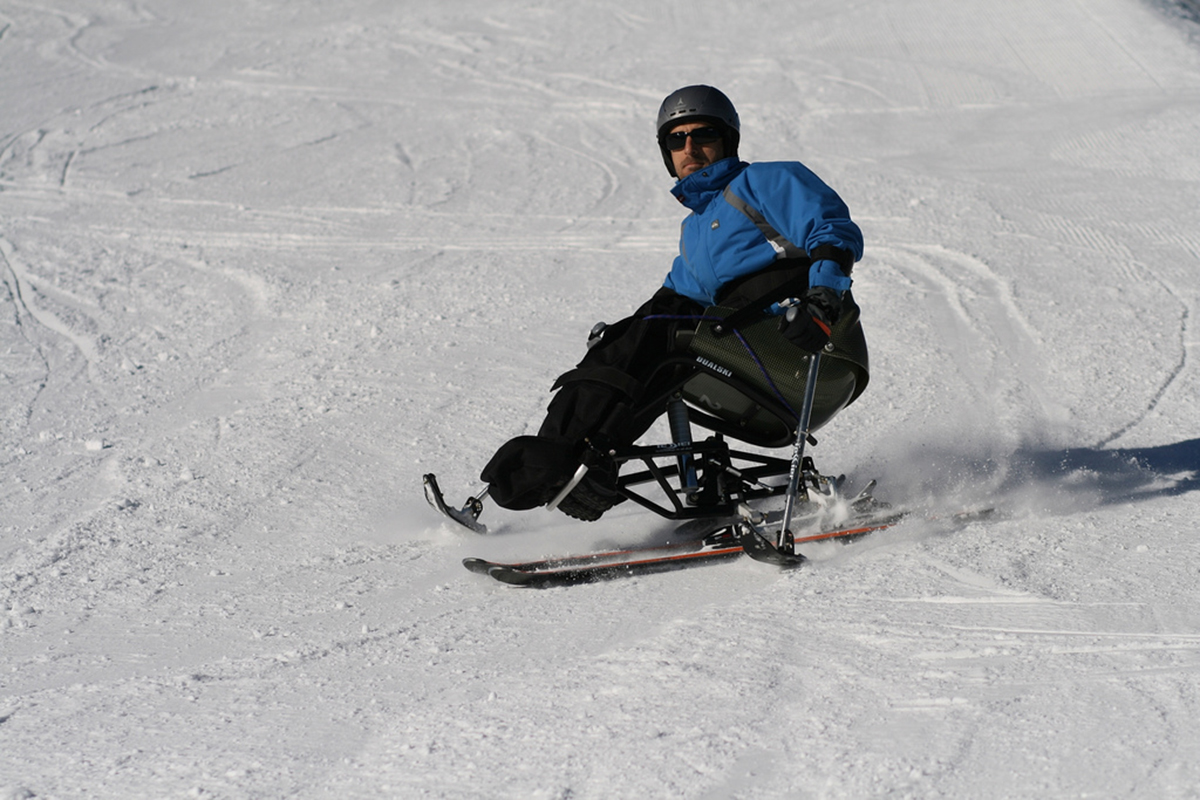Table of Contents
What's Wrong With The Medical Model Of Disability?
The traditional, medical model of disability still prevails. Within this model, disability:
- Is the problem of the person affected
- Is the result of physical, neurological or mental limitations
- Is something medical professionals deal with
- Focuses on what a disabled person can and cannot do or achieve
Lisa Egan, a disability rights activist, former stand-up comedian, and wheelchair user, does not want to be described as a person with a disability. She is, she has written, a disabled person. What disables her? She's disabled by a city where most people rely on the Underground railway. Though people who don't use wheelchairs may note that some London Underground stations have wheelchair access, Lisa knows that this applies to only 20 percent of all stations. Stairs disable her. Escalators disable her. Buses disable her. Lisa concluded that her body wasn't the problem after all — society was. (To read more about her views and experiences, see the links box below.)

Anna, a carer for the elderly, has a very different disability. Though it prevented her from excelling at school, led to teacher-induced trauma, and severely limited her career options, Anna has a disability that some people wouldn't recognize as a disability at all.
Anna's disability caused teachers to call her stupid to her face, and after a while she started to believe them — until her mother heard a radio segment describing her exact symptoms, back in the 1960s when she was growing up. At that point, she gained confidence. "Why are you yelling at me?" she finally told a teacher. "I have word blindness and no amount of yelling is going to fix that". Yes, Anna has dyslexia, something for which she never received any accommodations and something that prevented her from going to university. Today, however, her computer, spellcheck, and understanding editor have led to a different outcome: Anna writes professionally, for SteadyHealth.
Lisa and Anna obviously face and have faced incredibly different challenges, but both their stories demonstrate that there is something very wrong with an approach to disability that expects disabled people to change to accomodate society. Instead, society should change to accomodate disabled people. This way of thinking represents the social model of disability.
Why We Should All Embrace The Social Model
If you're not disabled, you may not be aware that the social model of looking at disability is now the officially recognized approach to disability, something set forth in the United Nations Convention on the Rights of Persons with Disabilities (CRPD). The social model has a radically different approach. In this model, the medical condition that leads to disability is an impairment, while disability is what happens when an impairment leads to physical, social, and communicative difficulties.
READ Dyscalculia: When Math Simply Doesn't Add Up
When this happens, the whole word "disability", which essentially means less able, can go the way of the dinosaurs. In the meantime, acknowledging that being disabled is the result of things other people have refused or been unable to do will bring us all closer to a world in which there is no such thing as less abled, and only differences remain.
- Photo courtesy of me and the sysop via Flickr: www.flickr.com/photos/pyxopotamus/2150043533
- Photo courtesy of me and the sysop via Flickr: www.flickr.com/photos/pyxopotamus/2150043533
- Photo courtesy of pablofausto via Flickr: www.flickr.com/photos/pablofausto/381710801
- everydayfeminism.com/2012/12/im-not-a-person-with-a-disability/
- www.who.int/topics/disabilities/en/
- www.disability.wa.gov.au/understanding-disability1/understanding-disability/what-is-disability/
- portal.hud.gov/hudportal/HUD?src=/program_offices/fair_housing_equal_opp/disabilities/inhousing
- www.gov.uk/definition-of-disability-under-equality-act-2010

